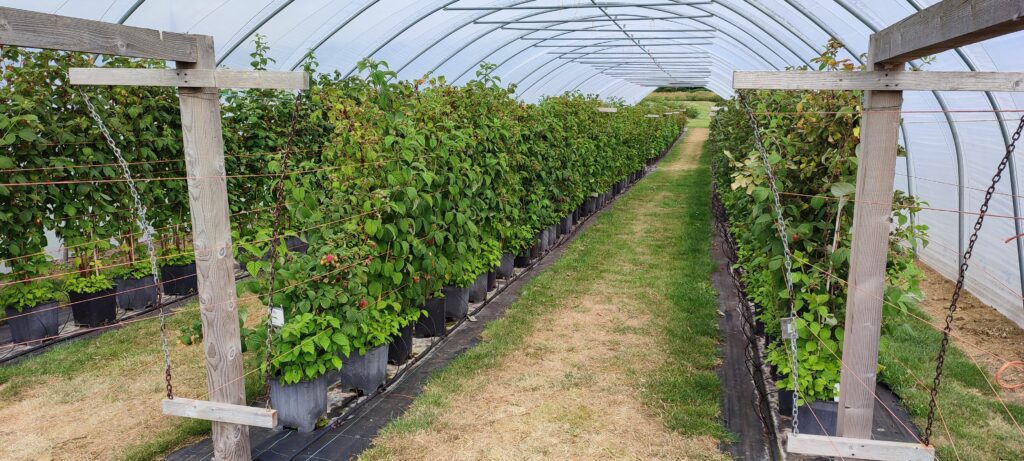James Hutton Scientific Services to open lab capable of analysing anaerobic digestate
New plans to open a lab capable of analysing anaerobic digestate have been announced by James Hutton Scientific Services, the commercial wing of The James Hutton Institute.
Anaerobic digestate – the leftover material produced when organic waste is broken down by bacteria in a sealed anaerobic digester – is useful as a soil improver. However, before being put into action, digestates must be tested against the quality requirements laid out in Publicly Available Specification 110 (PAS 110).
The Hutton, a world-leading scientific research institute at the forefront of transformative science for the sustainable management of land, crops and natural resources, plans to begin offering this service next year – becoming one of only three organisations in the UK capable of analysing anaerobic digestates for PAS 110 compliance, and the only one in Scotland.
Run by Hutton Scientific Services, the laboratory will contribute to a greener economy by providing a more localised service for anaerobic digestate analysis. Researchers also plan to use the crop trial growth facilities at the Hutton to test and demonstrate the digestate’s effectiveness as a soil improver. It is expected that these services will be in place by summer of next year.
As part of their efforts to set up the lab, Hutton Scientific Services are appealing to digestate producers for material and advice on the level of service expected. If you are interested in supplying either of these, or would just like to learn more about the Hutton’s plans to open an anaerobic digestate analysis lab, please contact Gareth Newman, Business Development Manager.
Gareth said: “We’re excited to introduce a more locally accessible service for Scottish AD producers seeking material testing.
“We’re also expanding our testing to include other organic waste materials beyond digestate—with the necessary approvals from SEPA, these too could be considered for land application.”
“We’re also expanding our testing to include other organic waste materials beyond digestate—with the necessary approvals from SEPA, these too could be considered for land application.”
Gareth Newman, James Hutton Scientific Services

